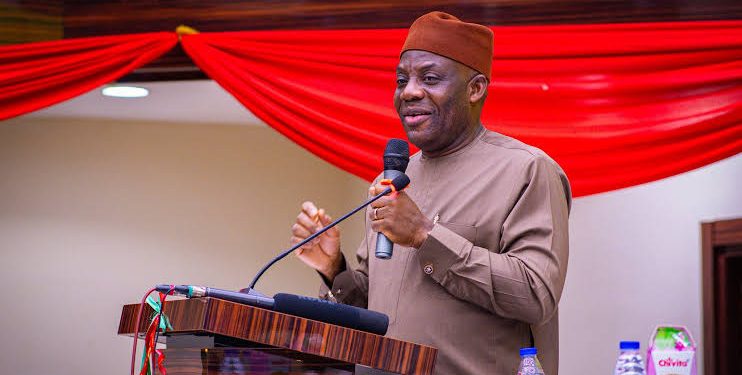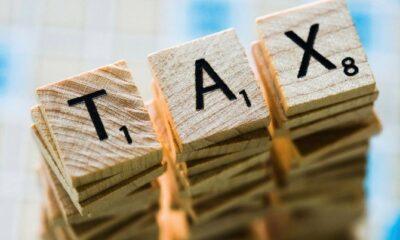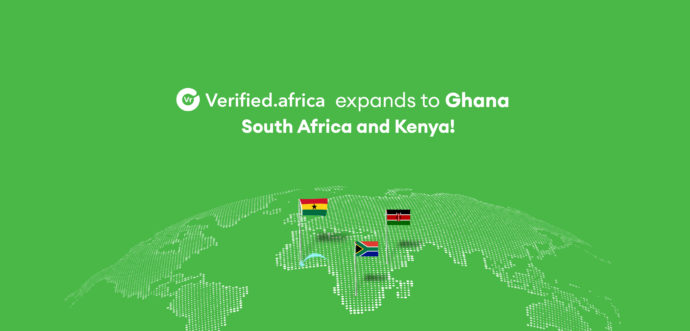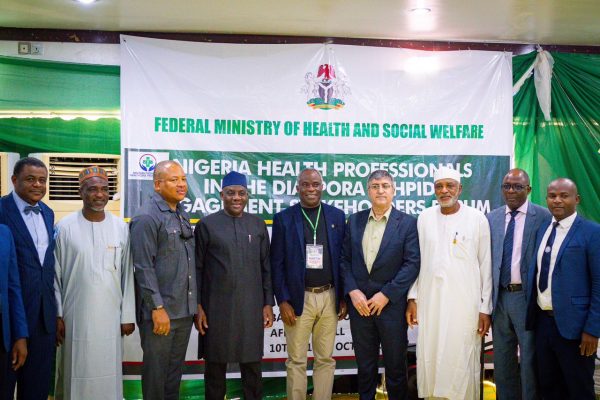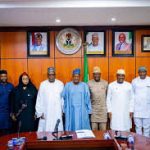The Federal Government of Nigeria has launched an education reform initiative, the HOPE for Quality Basic Education for All (HOPE-EDU) — backed by $552.18 million secured from the World Bank and the Global Partnership for Education (GPE).
This was disclosed by the Minister of State for Education, Dr. Tunji Alausa, on Saturday via his verified X handle.
“I am honoured to announce a landmark achievement in our journey to rebuild Nigeria’s education system: the launch of the HOPE for Quality Basic Education for All (HOPE-EDU) Program — backed by $552.18 million in secured funding through our partnership with the World Bank and the Global Partnership for Education,” Dr. Alausa posted.
According to Alausa, the HOPE-EDU program is structured to address the long-standing problems in Nigeria’s basic education sector.
“This is not just another project. It is a new model of how government can work — with performance-based financing, equity at the core, and results as the measure,” he explained.
The program is set to impact more than 29 million children, 500,000 teachers, and over 65,000 public schools across the country.
“HOPE-EDU is designed to directly improve learning outcomes, close access gaps, and strengthen school systems for more than 29 million children, 500,000 teachers, and over 65,000 public schools across Nigeria,” he noted.
A central element of HOPE-EDU is the performance-based approach that ties funding to actual progress.
“This program addresses the very heart of our crisis: too many children in school, but not learning; too many classrooms under-resourced; too many teachers unsupported. HOPE-EDU changes that — by tying funding to real progress, empowering states to lead delivery, and ensuring that communities, parents, and local leaders are part of the solution,” he stated.
Dr. Alausa stressed that the initiative aligns with President Bola Ahmed Tinubu’s “Renewed Hope Agenda” and underscores the administration’s commitment to prioritizing education.
He also expressed gratitude to stakeholders who contributed to the design and launch of the program, including international partners and local education agencies.
“This is a turning point. A program that will redefine how we deliver public education in Nigeria — transparently, measurably, and sustainably. My deepest appreciation goes to our technical teams, the Universal Basic Education Commission, our state education partners, and our global allies at the World Bank and GPE for making this possible,” he stated.
The federal government has initiated several reforms aimed at transforming Nigeria’s education sector. A significant aspect of these reforms is the allocation of ₦3.5 trillion to the education sector in the 2025 budget. A portion of this funding is earmarked for infrastructure development, including support for the Universal Basic Education Commission (UBEC) and the establishment of nine new higher educational institutions. N826.90 billion is allocated for infrastructural development in the education sector in the budget. In addition to domestic funding, the administration secured international support to bolster educational reforms. World Bank approved a $1.08 billion loan for Nigeria, with $500 million allocated specifically to enhance education quality, build household and community resilience, and improve nutrition for underserved groups.
To address the financial barriers hindering students from pursuing higher education, the government introduced the Nigeria Education Loan Fund (NELFUND).


